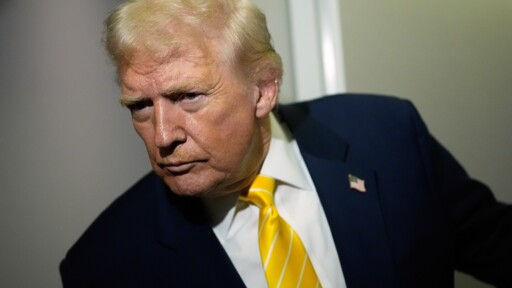Donald Trump announced Friday that he was scrapping U.S. tariffs on beef, coffee, tropical fruits and a broad swath of other commodities — a dramatic move that comes amid mounting pressure on his administration to better combat high consumer prices.
Trump has built his second term around imposing steep levies on goods imported into the U.S. in hopes of encouraging domestic production and lifting the U.S. economy. His abrupt retreat from his signature tariff policy on so many staples key to the American diet is significant, and it comes after voters in off-year elections this month cited economic concerns as their top issue, resulting in big wins for Democrats in Virginia, New Jersey and other key races around the country.



This guy fucks everything up, then wants us to praise him for unfucking one or two things he himself fucked up.
It’s not even necessarily unfucking either. When distributors and producers learn a new higher price consumers will pay, it’s very easy for them to default to that price. They can just increase prices to match what it was with tariffs and nothing changes except more profit for the producers. We consumers wouldn’t even realize it since we’re so far removed from the source.
Costs of goods hasn’t been a meaningful part of final cost of a product in a long time. Companies have been using minor cost increases to justify major price increases for a while now.
Regardless of whether it’s the producer or someone else along the supply chain, the prices are able to stay up because the consumer will pay the increase price. At the source or not, that’s my only point